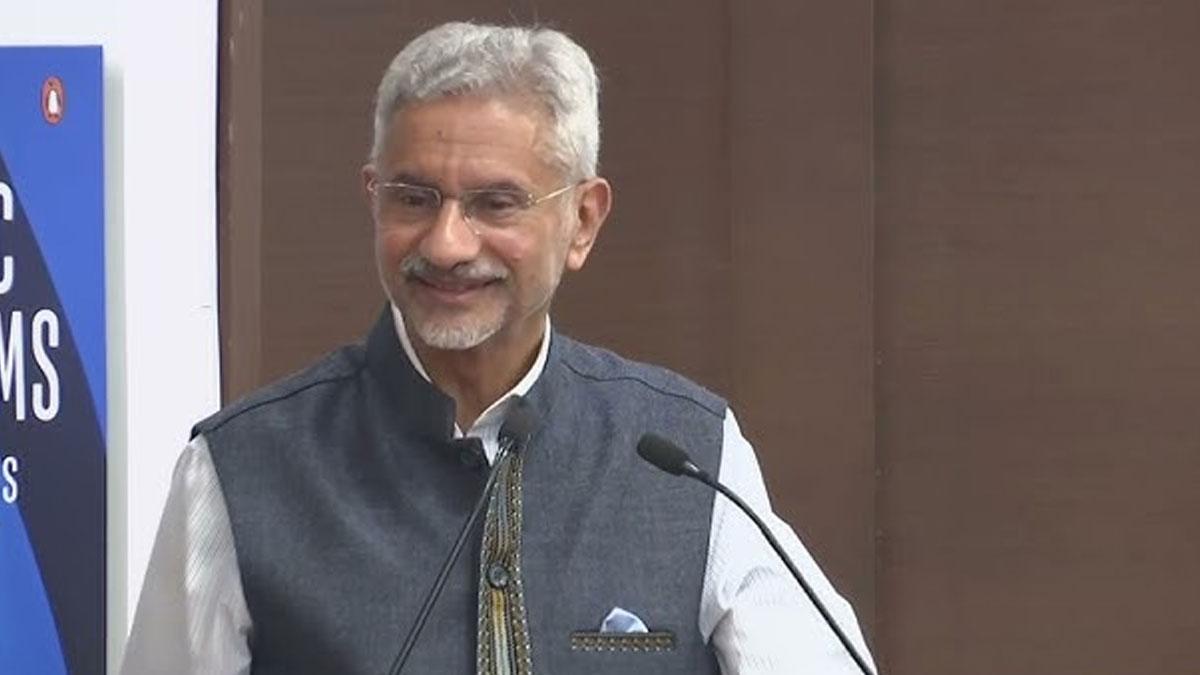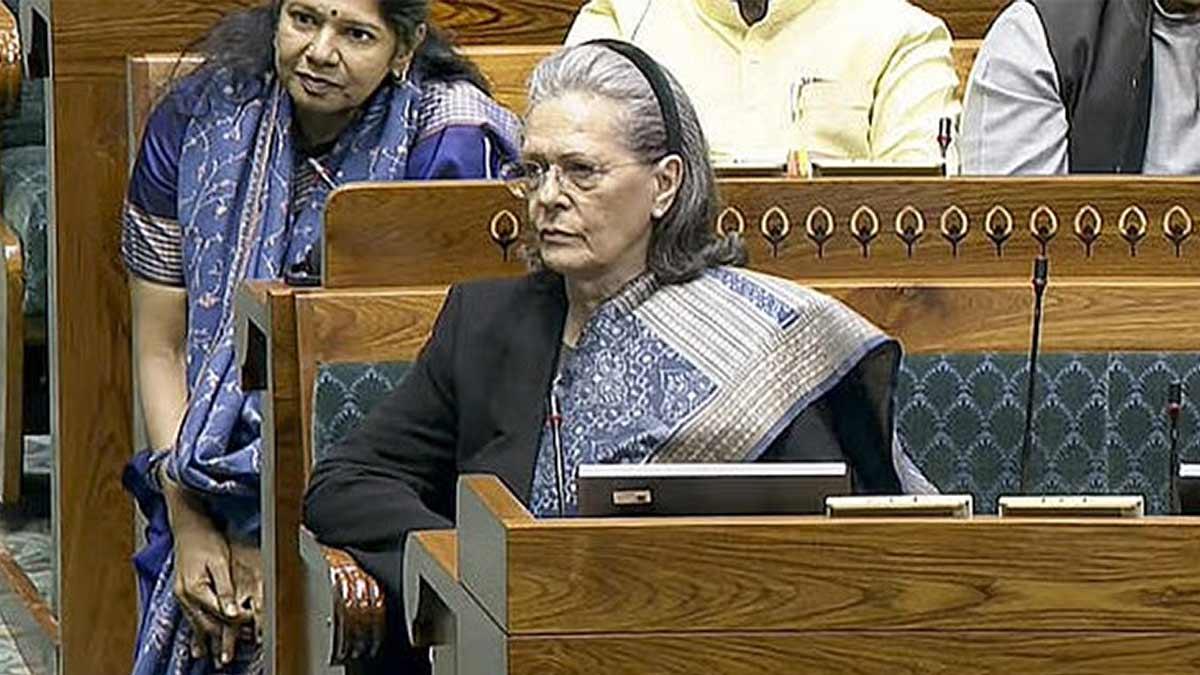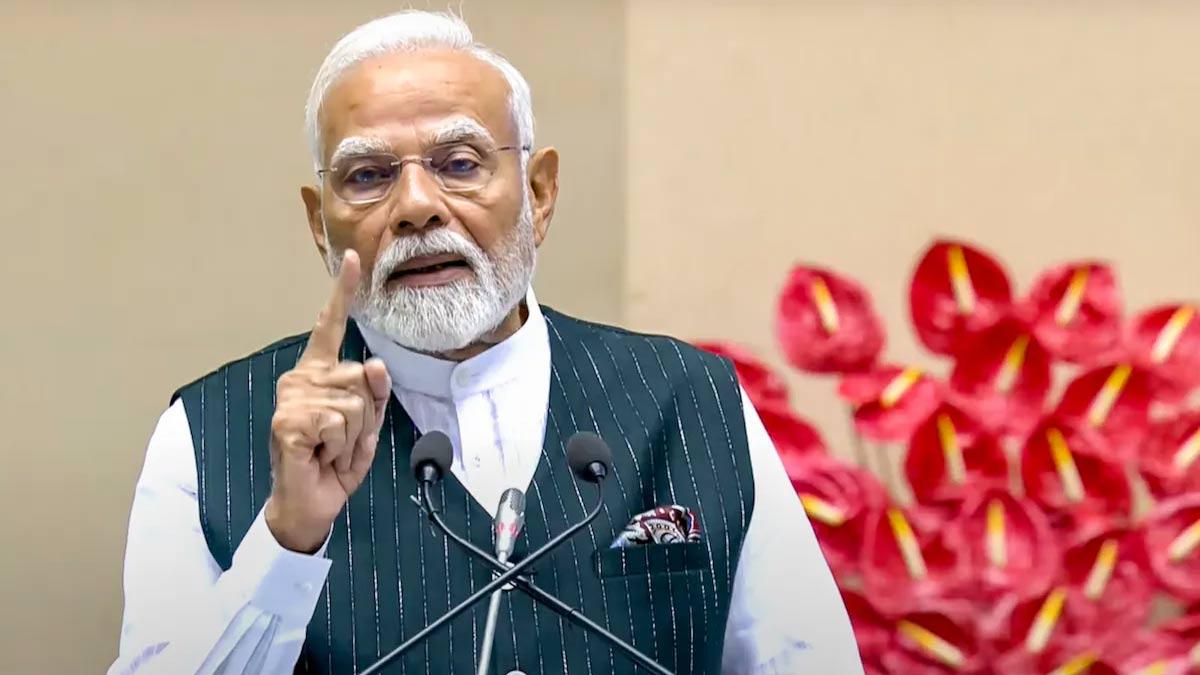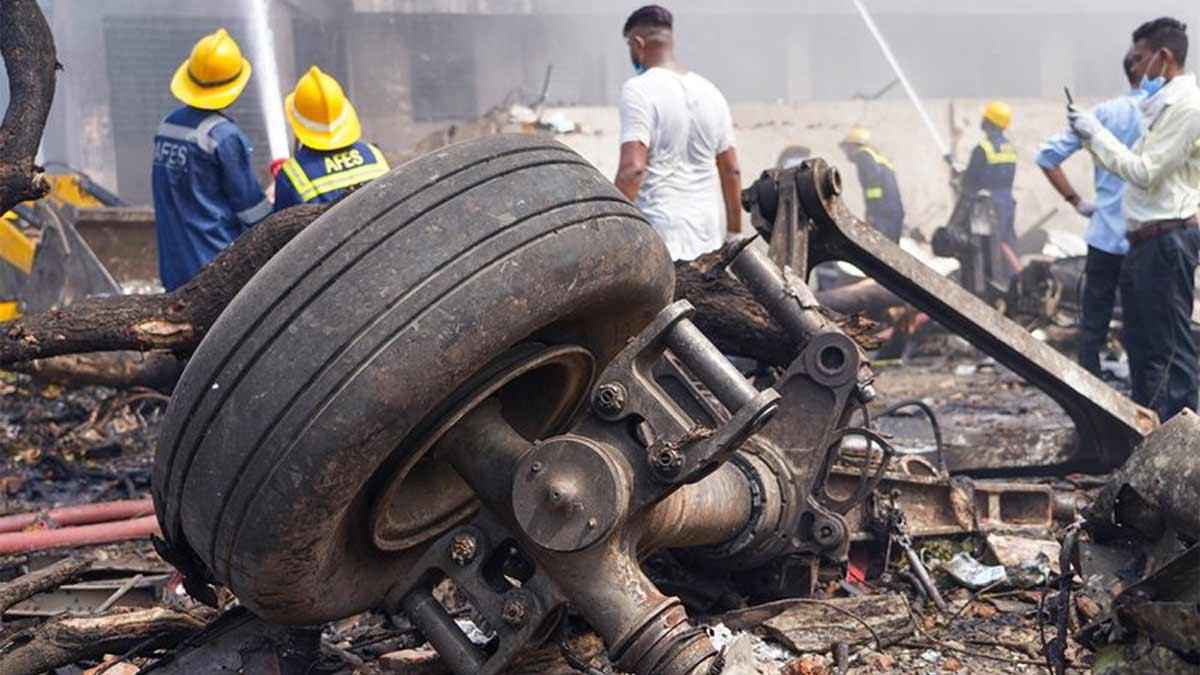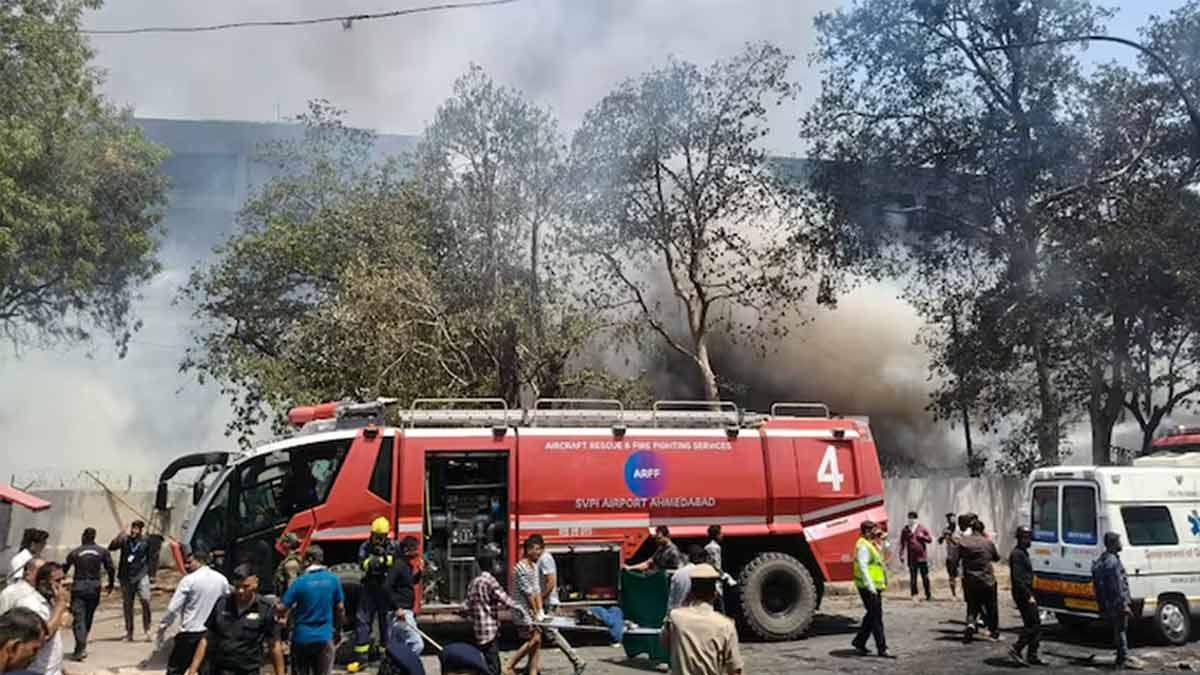External Affairs Minister (EAM) S. Jaishankar emphasized on Friday that India's entire neighborhood is a complex puzzle, and maintaining robust relations with neighboring countries will always be a "work in progress." He noted that the government's 'Neighbourhood First' policy is designed to safeguard these ties amidst frequent, sometimes disruptive changes.
Speaking at a book launch in the national capital, Jaishankar highlighted the fluctuating relationship between India and Bangladesh since the latter's independence. “With Bangladesh, since its independence, our relationship has gone up and down. It is natural that we will deal with the government of the day. But, we also have to recognise that there are political changes, and they can be disruptive. Clearly here, we will have to look for mutuality of interest,” the EAM said during a book launch event in the national capital.
Regarding India’s ties with Sri Lanka, Jaishankar acknowledged that the Modi-led government inherited a somewhat "challenging" situation. He identified two primary concerns: one in the public domain related to the international maritime boundary and the ongoing fishing disputes, particularly significant in the political arena. The other, from a strategic national security standpoint, involves China's influence and activities in Sri Lanka.
Despite these challenges, the EAM noted a positive shift in public perception of India in Sri Lanka. "This shift is largely due to India's substantial and timely assistance during Sri Lanka's recent crisis. Many in Sri Lanka, including its political figures and the general public, attribute the country's significant recovery to its relationship with India," Jaishankar said.
Jaishankar also reflected on the inconsistent nature of India's relationship with the Maldives. "We've had moments like the 1988 intervention, but in 2012, we remained passive during a government change. This inconsistency is evident. However, our relationship is deeply invested, and the Maldives now recognizes India as a steady force, especially as they face economic challenges," he remarked.
“When we review our Afghanistan policy today, I thik we are very clear-eyed about our interests and not confused by any inherited wisdom that is before us. We must appreciate Afghanistan, with the presence of America, for us, is very different from the Afghanistan without the presence of America,” he said.
Read also | "Era Of Uninterrupted Dialogue Over": S. Jaishankar’s Firm Stance on Pakistan Relations
Read also | RG Kar Incident: CBI Uncovers Documents Linked to Renovation Attempt at Crime Scene

